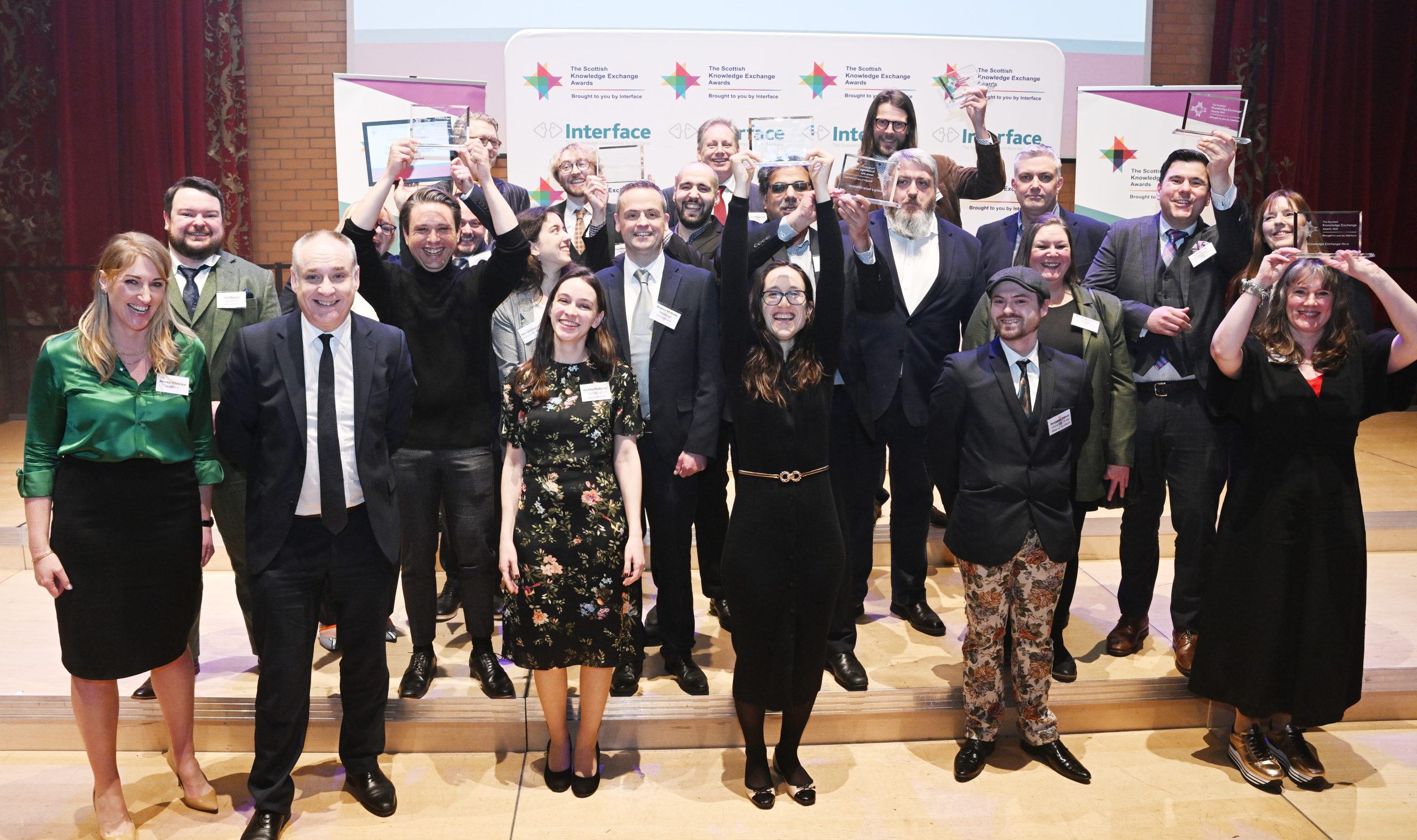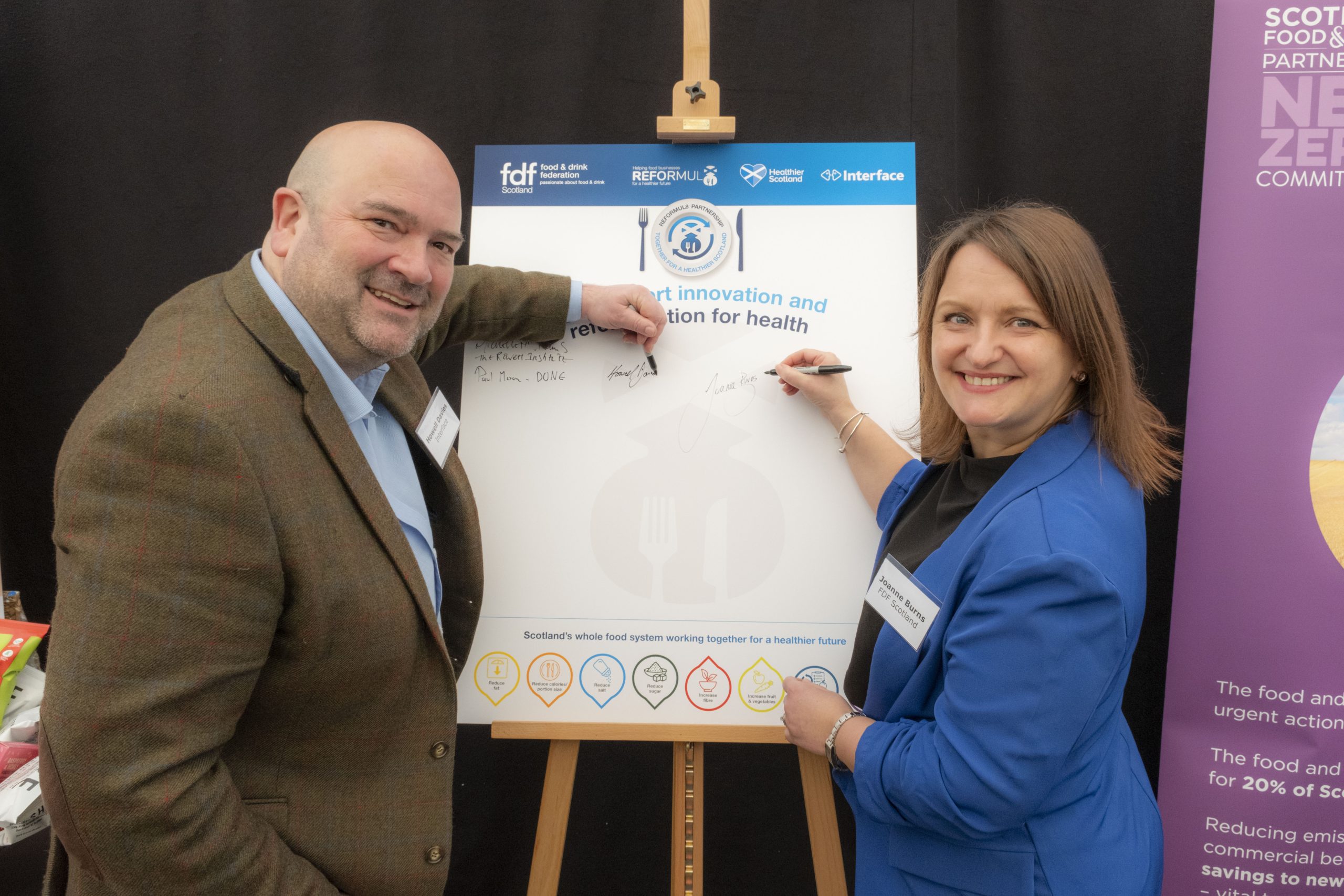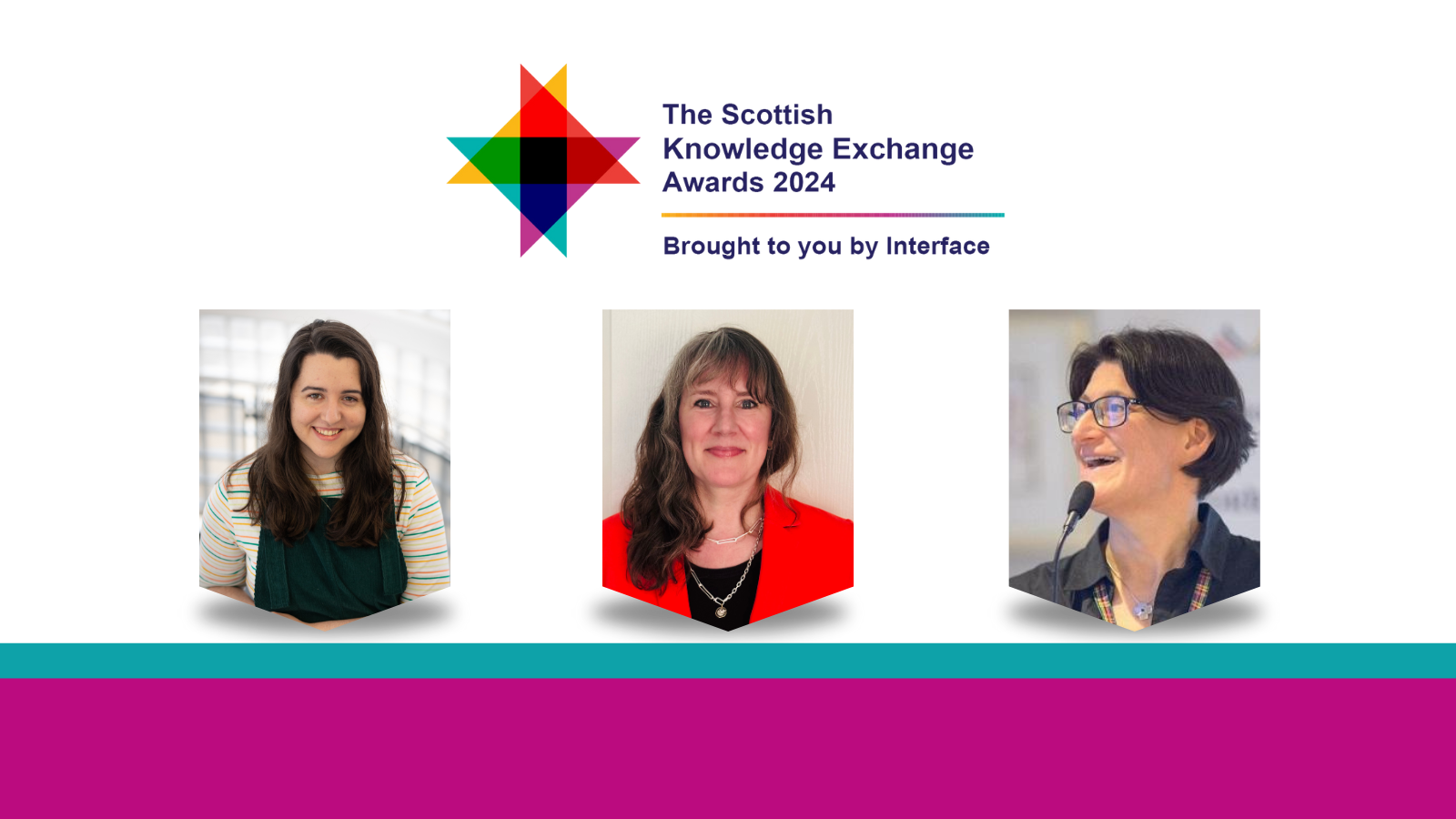Post
Good partners for inclusive innovation

What do community enterprises, social enterprises and third sector organisations have in common?
They can all benefit from tapping into the expertise within Scotland’s higher and further education to realise their ambitions.
Interface, who connects organisations into academic expertise, works closely with partners such as Firstport and Community Enterprise in Scotland (CEIS) to offer seamless, tailored support for high potential social enterprises and social innovation projects. But what exactly is social innovation and why does it matter?
According to Nesta, the UK’s innovation agency for social good, “Social innovation is about developing new ideas to tackle social problems or meet social needs. It may be a new product, service, initiative, organisational model or approach to the delivery of public services.”
In their recently published strategy to 2030 Nesta pledge resource to address three defining societal challenges: give every child a fairer start, help people to live healthier lives; and build a more sustainable economy.
Social entrepreneurs, or organisations which exist for a social cause like Nesta’s priorities, often have great ideas to deliver more of the service or product they offer, but don’t always have the expertise in- house to research possible solutions. Collaborating with academics can open the door to fresh-thinking, turning wish-lists into reality, with potentially huge benefits to society.
Through the Firstport LaunchMe Accelerator, Interface have supported several organisations with such projects offering examples of what can be achieved through collaboration.
Woodside Arran Farm CIC, a community interest company based on the beautiful Isle of Arran, is a permaculture farm which recently completed a pilot to secure a unique contract with their local authority for procuring fresh produce for the island. This model offers a significant reduction in food travelling miles, plus an example of how regenerative horticulture methods can produce healthy organic food combined with increased carbon organic matter within the soil. The project aims to show how public bodies meal plans can deliver quality food sourced locally. By targeting schools and care homes, this ensures the most vulnerable people have access to nutritious food, reducing food insecurity.
Matched by Interface a collaborative project between the farm and the University of Stirling will evaluate data and learnings gathered from the past 18 months. The goal is to deliver a clear case to local authorities that this local sourcing model can provide the societal, economic and environmental benefits that are crucial in sustaining rural fragile economies as well as demonstrating an easily transferable model for other communities in Scotland.
Interface have also helped Falkirk based Sustainable Thinking Scotland CIC, an environmental social enterprise, in reaching their goals to develop methods of economically producing carbon-rich biochar from local wood waste. This new process avoids sending wood to landfill, significantly abates carbon, and the biochar (similar to charcoal), has desirable properties which help address several agricultural, ecological, and environmental issues. Interface connected the social enterprise to academic experts at the University of the Highlands and Islands to adapt their biochar production methods and bring the product to market.
Interface’s inclusive approach welcomes businesses and third sector organisations of all sizes and our place-based regional delivery across Scotland means that no one and nowhere is left behind when it comes to accessing innovation support and contributing to Nesta’s 2030 vision. Contact us if you’d like to find out more.



